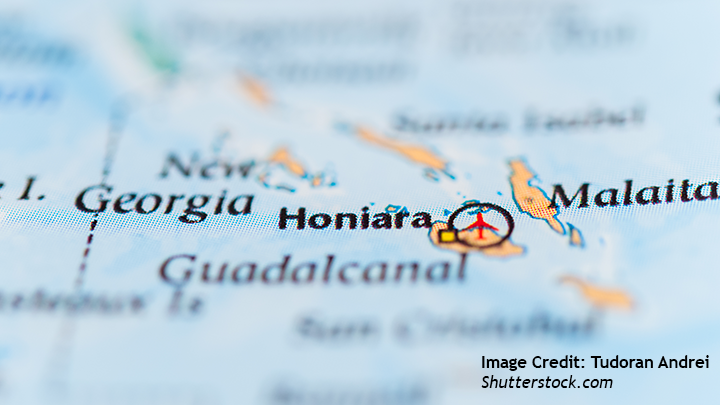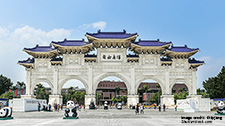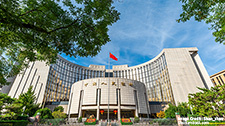The Geopolitical Aftershocks of the China-Solomon Islands Security Agreement

Larissa Stünkel and Marc Lanteigne
Introduction:
Chinese President Xi Jinping, shortly after taking office, remarked in 2012 that “the vast Pacific Ocean has ample space for China and the United States.” The comment was made at a time when Washington was developing its “pivot” or “rebalance” policies in the Asia-Pacific out of concerns about China’s potential to create a sphere of influence in the region that could reach as far as the Pacific Islands. At the time, Beijing’s Pacific policies had been predominantly marked by economic engagement, including via the Belt and Road Initiative, rather than overt strategic considerations.
Since then, however, much has changed. The de facto diplomatic truce between China and Taiwan, which discouraged both parties from swaying each other’s allies, faded quickly when Tsai Ing-wen first took office in 2016. Three years later, the Chinese government succeeded in convincing two Pacific Island states, Kiribati and Solomon Islands, to switch recognition from Taipei to Beijing. And last month, China’s political designs in the Pacific were further revealed when a draft security agreement between China and the Solomons was leaked, including provisions for stationing Chinese military and police personnel in the island state and allowing Chinese vessels to replenish supplies there.
Related Publications
-
Needed, a Framework to Protect Undersea Cables
In the data-driven world we live in, submarine cables are the arteries that connect nation-states and their people in literally every human activity, including trade, commerce, entertainment, and social interactions. […]
-
Connecting Taiwan and Finland: An Interview with Prof. Julie Yu-Wen Chen
Julie Yu-wen Chen is Professor of Chinese Studies at the University of Helsinki in Finland. Since 2023, she has been involved in the EU twinning project “The EU in the […]
-
Taiwan and the Diplomatic Squeeze
In mid-March 2023, the self-governing island of Taiwan lost another one of its already few diplomatic allies. Announcing the severing of diplomatic ties between Taiwan and Honduras on Twitter on March 15, […]
-
Challenging Western Views: Understanding Power and Stability in East Asia; An Interview with DAVID C. KANG
Dr. David C. Kang is Maria Crutcher Professor of International Relations at the University of Southern California. A leading expert in East Asian security, international relations, and political economy, Dr. […]
-
The Economic Leash: China’s Financial Tethers and Global Power Plays
China’s emphasis on Gross Domestic Product (GDP) growth and its integration into global markets have allowed it to wield significant influence internationally. Nonetheless, this focus on rapid expansion has created […]




